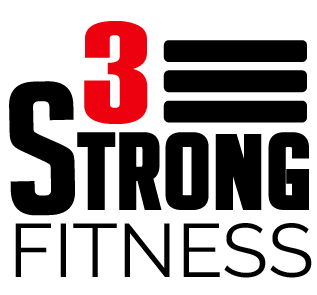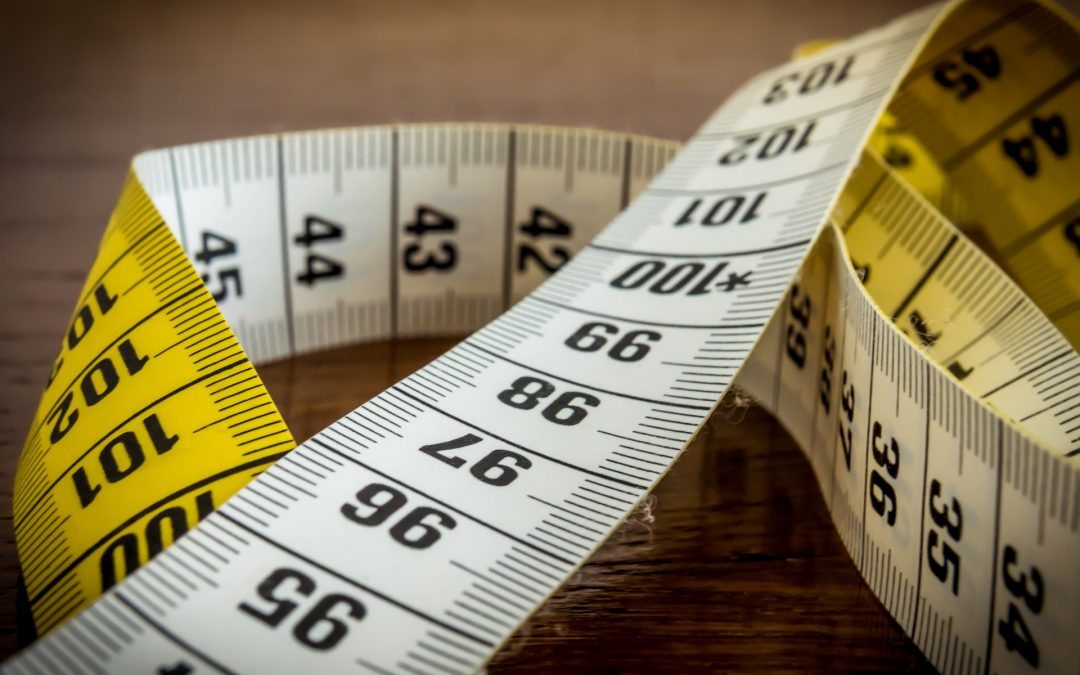Starting a fitness program can be really exciting as you start to see the effects and changes on your body. But keeping track of your fitness over time can be more of a challenge. Many people give up on a fitness program within the first few months of starting, because they believe they’ve reached a ‘plateau’ and are no longer seeing improvements in their fitness or body. But this is exactly why proper fitness tracking is so essential – it helps to highlight the fitness improvements you have made across a wide range of areas, rather than in just one specific area like strength or body fat percentage. Here we look at 6 of the best ways to keep track of your fitness for a more holistic view of your progress and status.
Write Down Your Training Schedule
Writing down your training schedule is absolutely essential to remember the exercises, loads, sets and reps that you performed on a particular day. While you might think that you’ll be able to simply remember what you did last week, as training schedules change so frequently, this can be a very unreliable method. Performing a prescribed set of exercises, such as with Crossfit can help with keeping a training schedule as the training is universal, and you can look up past

“In order to make your workouts most effective, it’s critical that you log your sets, reps and loads.”
workouts to see what was done. It’s always advisable to keep a personal log however to note your individual take on the workout.
Note Your Reps and Sets
In order to make your workouts most effective, it’s critical that you log your sets, reps and loads. This is so you can gradually increase your overall load as you train, ensuring that you continue to get stronger and better. This can also help when you stop seeing obvious changes in your body or other progress metric. Seeing that your reps and sets have continued to increase is proof that your strength and fitness is still increasing too.
Fitness Testing
If you’re looking to track your fitness in a holistic sense, fitness testing is essential. Fitness testing provides an accurate and specific way to keep track of your fitness by testing a range of specific skills. Fitness testing usually assesses specific fitness skills such as speed, power, agility, strength, endurance, balance and flexibility. A certified personal trainer or fitness professional at a local gym can develop a series of tests to assess your overall fitness, or your capabilities in a specific area. Retesting over a period of time can help you to gain an idea of how your fitness as you train.
Keep A Food Diary

“Body measurements can add to the picture of your health and give you exciting feedback”
If you are trying to measure your progress on a weight loss program or muscle gain program, but you’re seeing a plateau in your weight at the moment, keeping a food diary can add an extra level of mindfulness to what you’re eating to help you stay on track.
Measurements
While body measurements are not the preferred method for assessing fitness in an overall sense, they can add to the picture of your health and give you exciting feedback as to how your body may be changing with training. In addition to weight and body fat percentage, be sure to measure circumferences and muscle mass too where possible.
Tracking your fitness can provide motivation for training and help boost you out of a plateau, so talk to your certified personal trainer today about the right fitness testing for you.

